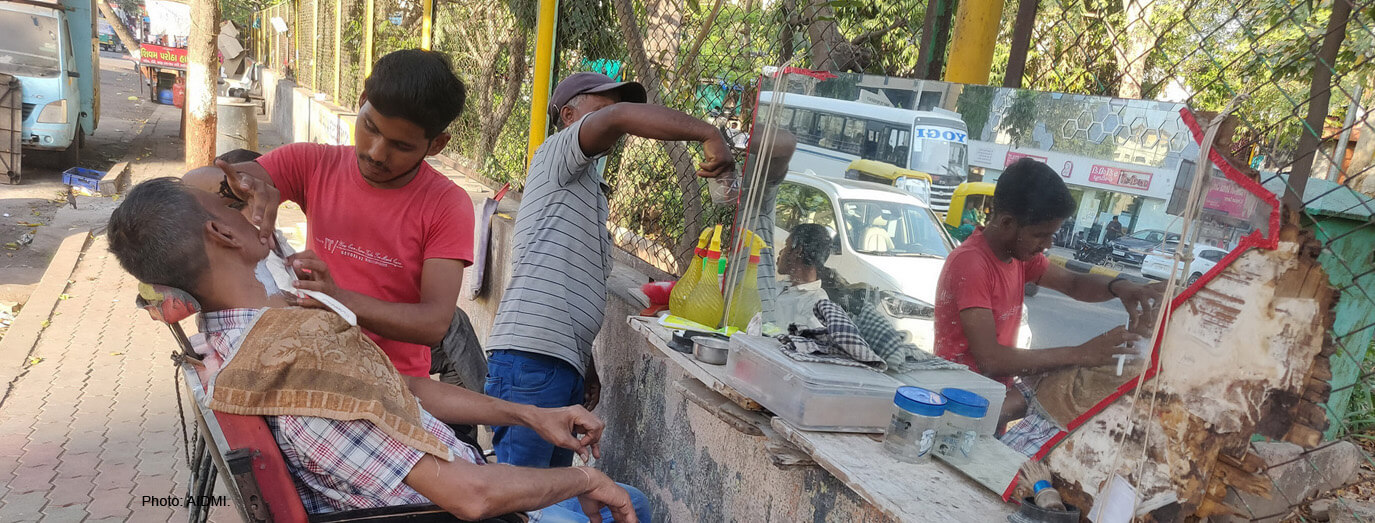
By Madhukar Sanap, Head – Emergency Management & Developmental Programs, Aga Khan Agency for Habitat India, Maharashtra, India
India’s battles with increasingly severe heatwaves are often told through statistics – rising temperatures, soaring heatstroke cases, and economic losses. However, behind these numbers lie the lived experiences and urgent demands of communities grappling with the scorching reality on the ground. This article amplifies the voices of those most affected, highlighting their needs and advocating for a more inclusive and responsive approach to heatwave management.
For those living on the margins, heatwaves are not merely an inconvenience but a threat to survival. In India’s sprawling slums, where cramped living conditions and lack of ventilation turn homes into ovens, residents demand access to cooling centres and affordable cooling solutions. Their call for basic amenities like clean drinking water and sanitation becomes even more critical as temperatures soar.
Rural communities, the backbone of India’s agricultural sector, face different challenges. Farmers, already grappling with climate change’s unpredictable impacts, demand better early warning systems that reach remote villages and provide actionable information in local languages. They seek financial support to cope with crop losses and invest in climate-resilient agricultural practices.
Women, often tasked with household chores and caring for children and the elderly, bear a disproportionate burden during heatwaves. They demand access to healthcare facilities equipped to handle heatstroke, particularly for vulnerable groups like pregnant women and infants. Their voices highlight the need for gender-sensitive heat action plans that address their unique needs and vulnerabilities.
Across the board, there is a resounding demand for greater awareness and education about heatwave risks and preventive measures. Communities want accessible information disseminated through trusted channels, empowering them to protect themselves and their families. They seek training programs on first aid for heatstroke and community-led initiatives to build resilience.
The demands of affected populations underscore the need for a paradigm shift in India’s approach to heatwave management. It is time to move beyond reactive measures and embrace a proactive, inclusive, and community-centric approach. This requires:
Prioritising the needs of vulnerable communities: Heat action plans must be tailored to local contexts and address the specific challenges different groups face.
Listening to the voices of those most affected by heatwaves is not just a matter of social justice; it is essential for building a genuinely resilient India. By placing their needs and demands at the heart of our efforts, we can create a future where everyone can thrive, even in the face of rising temperatures.
Photo caption: “When it is this hot, nobody wants a shave, let alone a haircut. I am lucky to make half of what I usually do.” – A roadside barber from Ahmedabad. Photo: AIDMI.
Disclaimer: The views expressed in this piece are those of the author/s and do not necessarily reflect the views or policies of AIDMI.